Is early 2018 too soon for a Surface phone?
Microsoft has asserted that the Surface phone will arrive only when it's ready.
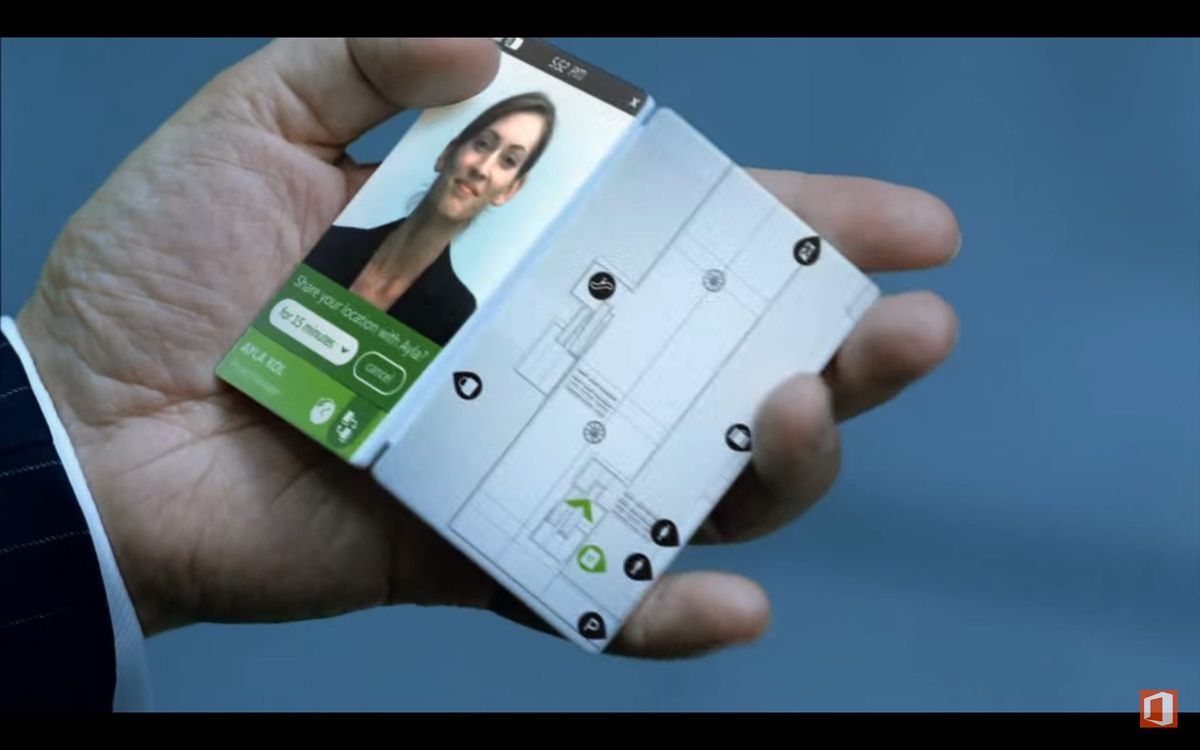
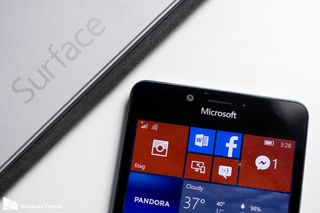
Like the Surface, Surface Book, and Surface Studio the Surface "phone" will have the distinct purpose of defining a category. It will not exist simply to exist, nor be positioned just to satisfy the desires of a fan base eager for a super device. Microsoft CMO Chris Capossela explained:
… it's important … for our fans to understand … our mental model has to be not just building another device that competes with a premium device in some category … it's got to have a different point of view, and hopefully, that's creating a new category.
Despite the success of current Surface devices, unique high-end hardware alone is insufficient to make a Surface phone a winner. Unlike the Surface Pro, Book and Studio, a Surface "phone" running full Windows on ARM would be positioned as an ultramobile PC but will also have the challenge of needing to "be a smartphone."
Though not a smartphone competing directly with rivals' smartphones, as a game changing "ultimate mobile device" positioned to redefine mobile, it will indirectly compete in that space and will need to do what smartphones do.
Thus, from a user perspective, this telephony-enabled pocket PC will need apps. From Microsoft's perspective, it will need support from developers. If Microsoft launches it before the necessary ecosystem support is in place its game-changing impact may be lost.
Microsoft's mobile offensive is about changing the game
Future apps
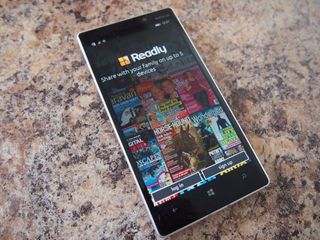
Microsoft's Conversations as a Canvas initiative reflects Redmond's confidence that in the future most apps will be replaced by AI and bots. Gartner predicts that by 2020, 20 percent of companies will no longer invest in apps. That's good and bad news for Microsoft. The good news is that it's an affirmation that a shift is underway in Redmond's favor. The bad news is that three years from now 80 percent of companies will still be invested in apps. Unfortunately, Microsoft has a hard time getting developers to build Windows apps.
A game-changing Surface phone without developer support is putting the cart before the horse.
Though most smartphone users use only six apps 91 percent of the time the industry mindset is still app-focused. A Surface phone will need apps.
Get the Windows Central Newsletter
All the latest news, reviews, and guides for Windows and Xbox diehards.
This is where the concepts of a Windows Mobile 2017 (unlikely) or 2018 full Windows on ARM Surface "phone" (even with Win32 apps) run into a problem. Nadella's "ultimate mobile device," isn't only supposed to change Microsoft's mobile fortunes, but combined with an advanced ecosystem, it's meant to change the game. How can it change the game without developers?
Cart before the horse
If developers haven't supported Microsoft under the current app model, how will Redmond win their support for its AI and bot model? Particularly, when the competition, who developers have supported are on a similar path.
Capossela said of the inspiring Surface line: "2017 is coming, and we'll have great new things in 2017."
Most estimations place the Surface phone in 2018. Is Microsoft working on new Surfaces for 2017 that may help position Windows as a more appealing target for developers?
If Microsoft launches a Surface phone before it has established much-needed developer support they will put the cart before the horse.
A paradigm at rest remains at rest
The inertia of the current app model will ensure that it will remain unmoved, though diminished, three years from now. Microsoft has a vision for the future, but it needs a bridge from the present to get them there.
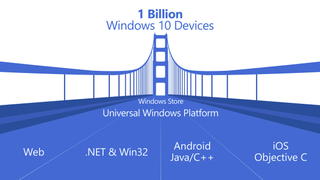
Without developer support leading up to Microsoft's game-changing device, the Surface phone is sure to have limited appeal. Microsoft must realize that even in the enterprise users are consumers first and smartphones are personal.
We've grown accustomed to increasingly sophisticated personal computing on our five-inch cellular-connected, mini-tablet computers we call smartphones. Though displays have gotten bigger, processors faster and RAM more capable, our smartphones are limited to what PC tasks they can handle. Thus, under the current smartphone paradigm, a PC is a PC and a smartphone, though ever reaching for more, is still only a smartphone.
As an evolution to this dead end, Redmond envisions the full power of personal computing and telephony as experiences that can occur on Windows 10 devices such as an ultramobile Surface. How will Microsoft win developers to the ecosystem that will support such a device?
Until acted upon by an outside force
Later this year Microsoft's partners will begin bringing ARM-based cellular PCs to consumers.

Users will be able to purchase cellular data through the Windows Store to keep these power-efficient, Cortana-enabled Windows PCs always connected. This new type of PC introduces a recurring motivation for potentially millions of consumers to engage the Store as they seek to replenish their cellular data. Internet browsing and Microsoft's investments in Cortana (in certain regions) are reasons why users may wish to keep their devices connected. Apps may be another reason.
Cellular PCs' constant connectivity increases the practicality of modern apps.
Cellular PCs' constant connectivity, inherent mobility and diverse form factors increase the practicality of many types of modern apps. By removing the barrier of searching for or connecting to potentially unsafe Wi-Fi networks, cellular PCs will be just as reliable a go-to, connected device as our smartphones. I believe this is Microsoft's intent.
If cellular PCs of various forms and sizes become commonplace the activity that we normally reserve for our smartphones may begin being relegated to these new PCs. Consequently, Windows may become a more relevant platform for app developers.
Cellular PCs will pave the way for the Surface phone
A positive reception for always-connected cellular PCs will give Microsoft a vantage point from which to introduce their telephony-enabled ultramobile Surface. This device will potentially reap the benefits of the mindshare, Store engagement and developer investments established by its cellular PC predecessors.
Cellular PCs are the harbingers to the ultramobile Surface.
That's the optimistic progression. But at the end of January 2017, developer interest in Windows is less than ideal. Beyond the inconsistencies of the past where developers' apps were "broken" as Redmond advanced its OneCore strategy, the arguably unclear message from Redmond concerning "mobile" leaves many developers disinterested.
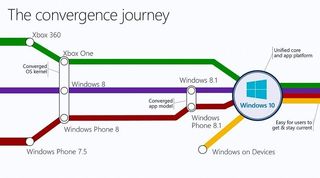
If the Surface phone is to succeed Microsoft must draw developers to its ecosystem. BUILD 2017 is Redmond's opportunity to make an unprecedented appeal to developers before cellular PCs reach the market later this year, and a potential Surface phone does the same in 2018.
Will Microsoft deliver?
Following the Story
- Will Samsung beat Microsoft to market with an ultimate Mobile device?
- Did Microsoft give us a glimpse of its Surface phone vision
Windows phone isn't dead
Smartphones are dead
The untold app gap story
AIs, Bots and Canvases
Microsoft and the duo user
Windows Mobile and the enterprise
The Surface Phone
Jason L Ward is a columnist at Windows Central. He provides unique big picture analysis of the complex world of Microsoft. Jason takes the small clues and gives you an insightful big picture perspective through storytelling that you won't find *anywhere* else. Seriously, this dude thinks outside the box. Follow him on Twitter at @JLTechWord. He's doing the "write" thing!
